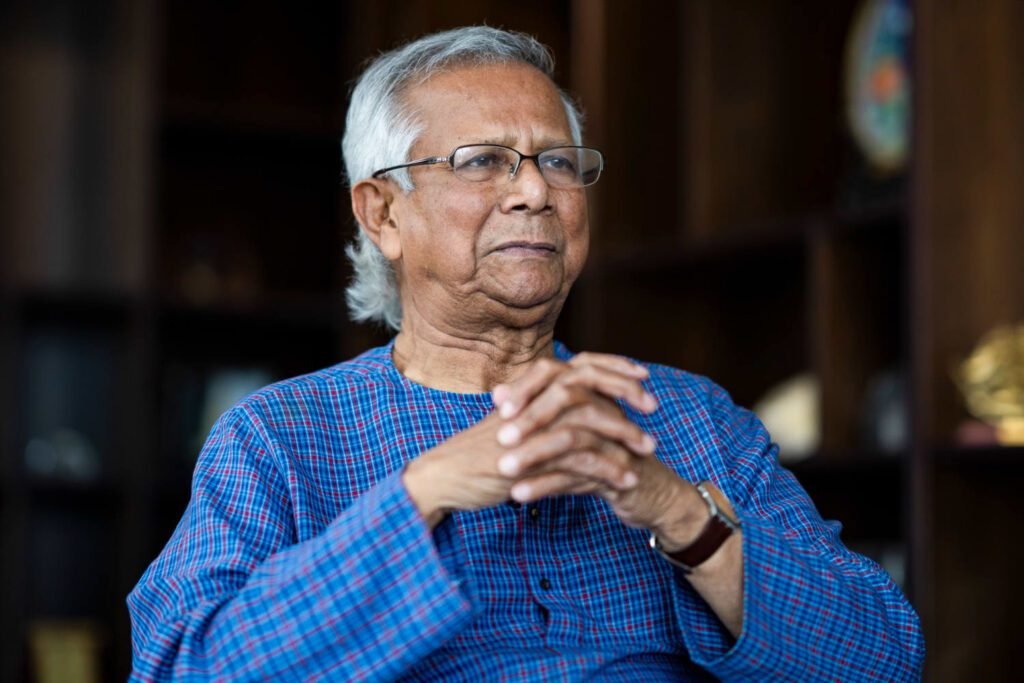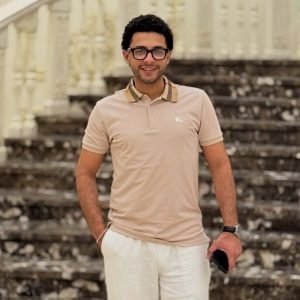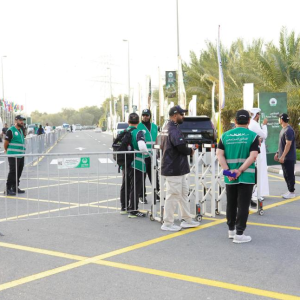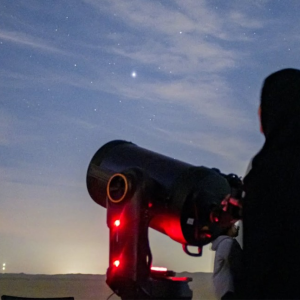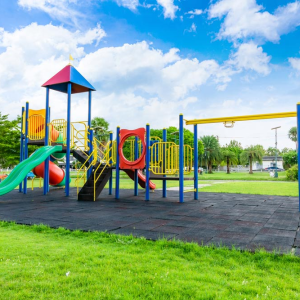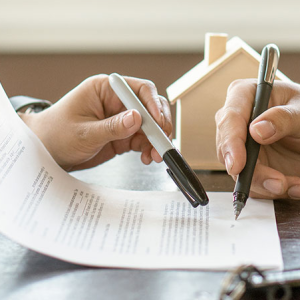The Chief Adviser’s visit to the United Arab Emirates (UAE) marks a significant step in enhancing bilateral relations between the two nations. Over the course of the visit, discussions focused on deepening cooperation in multiple sectors, including trade, technology, education, and regional security. This diplomatic mission aimed to lay the foundation for even stronger ties in the years to come, with a shared vision of mutual growth and global stability.
The UAE, a key economic and political hub in the Middle East, plays a central role in the region’s economic development and international affairs. With its strategic location, forward-thinking leadership, and progressive vision, the UAE offers opportunities for collaboration in a variety of areas. The Chief Adviser’s visit underscored the commitment to expanding the scope of cooperation between the two countries, paving the way for a future of partnership and growth.
Strengthening Economic Ties
One of the key highlights of the visit was the renewed focus on strengthening trade and investment relations between the two nations. Both sides acknowledged the significant potential for growth in their economic ties, and the Chief Adviser emphasized the importance of fostering an environment conducive to business. During the visit, both parties discussed various sectors ripe for collaboration, such as renewable energy, technology, and infrastructure.

The UAE’s ongoing investment in clean energy, especially solar power, became a focal point of conversation. With both countries seeking to reduce their carbon footprints and invest in sustainable solutions, the visit was an opportunity to explore joint ventures in green energy. As the world shifts toward a more sustainable future, partnerships in the renewable energy sector will play an increasingly important role in global trade.
Furthermore, there was a clear focus on enhancing financial services, including opportunities for cross-border investments and the strengthening of financial institutions. The UAE, known for its well-developed financial sector, presents a valuable opportunity for companies from both countries to expand their reach, increase investment flows, and create new economic opportunities. A variety of joint investment projects were discussed, including in the technology and manufacturing sectors, where both nations have considerable expertise and market demand.

Advancing Technological Cooperation
The UAE’s ambitious plans to become a global leader in technological innovation were recognized during the visit, with both sides exploring opportunities for collaboration in fields like artificial intelligence (AI), cybersecurity, and blockchain technology. The Chief Adviser’s delegation noted the UAE’s significant strides in creating smart cities, digital infrastructure, and AI-driven public services, making the country an ideal partner for technological innovation.
Building on this momentum, the discussions also emphasized the importance of enhancing research and development initiatives in the technology space. By sharing knowledge, resources, and expertise, both countries can work together to pioneer new solutions that address the global challenges of tomorrow. From healthcare innovations to sustainable urban development, technological cooperation holds the key to tackling some of the world’s most pressing issues.
The UAE’s commitment to developing a knowledge-based economy through its investment in tech startups and entrepreneurial ventures aligns with the goals of the Chief Adviser’s nation. The visit provided an opportunity to explore how both countries can work together to support innovation ecosystems, including the establishment of joint technology parks, incubators, and accelerator programs.
Focus on Education and Cultural Exchange
Another key pillar of the visit was the focus on education and cultural exchange. The UAE, with its world-class institutions and commitment to educational excellence, presents an opportunity for cooperation in higher education, student exchanges, and research collaborations. The Chief Adviser’s delegation emphasized the importance of building educational bridges between the two countries, fostering knowledge-sharing initiatives, and opening up new opportunities for students and academics.
The visit also underscored the significance of cultural diplomacy in enhancing ties between the two nations. Cultural exchange programs, art exhibitions, and joint initiatives in preserving heritage were identified as key areas for future collaboration. By engaging in cultural dialogue, both countries can deepen mutual understanding and build stronger people-to-people connections that will enhance the broader relationship.
Additionally, the UAE’s emphasis on tolerance, diversity, and cultural understanding presents an opportunity to strengthen the bonds between their citizens and those of the Chief Adviser’s nation. By promoting cross-cultural dialogue, both countries can contribute to fostering peace and understanding in a globally interconnected world.
Regional Security and Geopolitical Cooperation
In addition to economic and educational cooperation, regional security and geopolitical matters were also discussed. As global challenges continue to evolve, it is crucial that nations work together to address shared concerns, such as counterterrorism, conflict resolution, and humanitarian efforts. The UAE’s role in regional diplomacy and its commitment to peace in the Middle East were central topics of discussion.
The Chief Adviser’s delegation highlighted the importance of working together to address ongoing regional conflicts, particularly those affecting countries in the Arabian Peninsula and beyond. Both nations expressed a commitment to supporting peace initiatives and ensuring the stability of the region. The UAE’s contributions to humanitarian aid efforts, particularly in conflict zones such as Yemen and Syria, were recognized as key efforts that could be further enhanced through joint action.
Additionally, cooperation in international organizations, such as the United Nations, was also emphasized. The two countries discussed the importance of multilateral diplomacy and the role of international institutions in addressing global challenges. By collaborating on security initiatives and supporting the work of global organizations, both nations can contribute to a more peaceful and secure world.
Future Prospects for Bilateral Cooperation
Looking forward, the visit concluded with a renewed commitment to deepening bilateral ties across various sectors. With a strong focus on sustainable development, innovation, and regional stability, both countries are poised to strengthen their cooperation in ways that benefit their citizens and the wider international community. The shared values of economic growth, technological advancement, education, and diplomacy will serve as a foundation for continued partnership in the years ahead.
Key agreements were made during the visit, including the exploration of new joint ventures, investments in infrastructure projects, and the promotion of cultural and educational exchanges. As the Chief Adviser’s visit concluded, both nations expressed optimism about the future of their bilateral relationship and the opportunities for collaboration that lie ahead.
In conclusion, the Chief Adviser’s visit to the UAE has set the stage for a new era of strengthened diplomatic, economic, and cultural cooperation between the two countries. With mutual interests in trade, technology, and regional security, this visit has laid a strong foundation for future collaborations that will benefit both nations and their citizens, fostering a positive and productive partnership on the global stage.
Do follow Uae stories for more Updates

